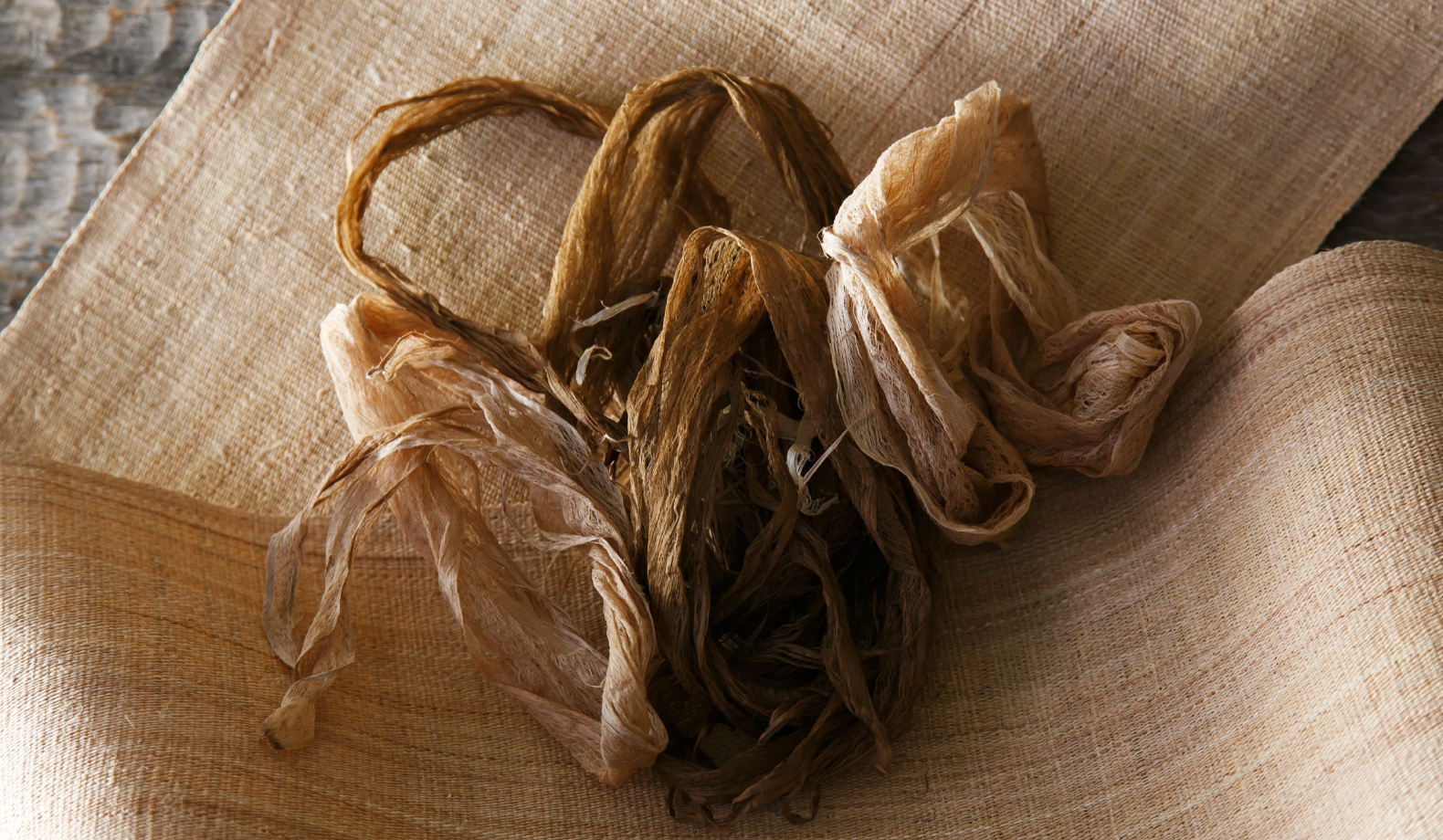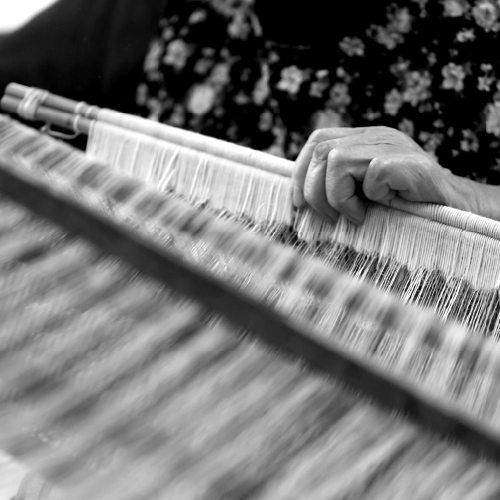 アイヌ伝統工芸品
アイヌ伝統工芸品






2013年3月8日、平取町二風谷の工芸品「二風谷イタ」(盆)と「二風谷アットゥシ」(樹皮の反物)が、
北海道で初めて経済産業省の「伝統的工芸品」に指定されました。
伝統的工芸品とは、伝統的工芸品産業の振興に関する法律により経済産業大臣が指定する品目のことです。
On March 8, 2013 the Nibutani Biratori handicrafts of Nibutani-ita (wooden trays) and Nibutani-attus (textiles made from tree bark) became the first handicrafts from Hokkaido Prefecture to be designated as Traditional Craft Industries by the Ministry of Economy, Trade and Industry.Traditional craft items are designated by the Minister of Economy, Trade and Industry under the Act on the Promotion of Traditional Craft Industries.

沙流川流域に古くから伝わる木製の浅く平たい形状の盆。モレウノカ(うずまき・形を模したもの)などのアイヌ文様、ラムラムノカ(ウロコ・形を模したもの)と呼ばれるウロコ彫りが特徴で、沙流川地方に伝えられている彫り方です。
Nibutani-ita is a flat, shallow tray made of wood, whose manufacture is a tradition has been passed down since ancient times in the area around the Sarugawa River in Hokkaido Prefecture. Nibutani-ita is characterized by its spiral Moreunoka patterns, and Ramuramunoka carved fish-scale patterns, which are designs unique to the Ainu people.


沙流川流域の森が育むオヒョウ等の樹皮の内皮から作った糸を用いて機織りされた反物。二風谷アットゥシは、特に糸に撚りをかけることが特徴と言われています。水に強く、通気性に優れ、天然繊維としては類希な強靱さと独特な風合いがあります。着物、半纏、帯、小物等に使用されています。
Nibutani-attus is a textile woven from yarn made of the internal skin of the bark of Ulmus laciniata, or lobed elm, and other trees that grow in the forests of the Sarugawa river basin. It is distinguished in particular by the twist given to the yarn.Nibutani-attus is characterized by its excellence in waterproofness and breathability, as well as durability, a rare feature for natural fabrics, as well as its unique texture. The textiles are often manufactured into Kimono, Hanten short coat, Obi belts, and small articles.

伝統的工芸品産業の振興により、国民生活に豊かさと潤いを与えるとともに、伝統的技術・技法の伝承や地域の経済発展・雇用の創出に寄与することを目的とした法律です。同法律に基づいて指定※する伝統的工芸品に関する需要開拓や人材育成など産地組合等事業者が立案した事業計画の遂行を支援します。
※5つの要件を満たすことが必要です。
- (1)日用品であること
- (2)手工業的であること
- (3)伝統的な(100年以上)技術・技法であること
- (4)伝統的に使用された原材料であること
- (5)一定の地域で産地形成がなされていること
(参考)全国における伝統的工芸品の指定状況は経済産業省ウェブサイトをご覧ください。











